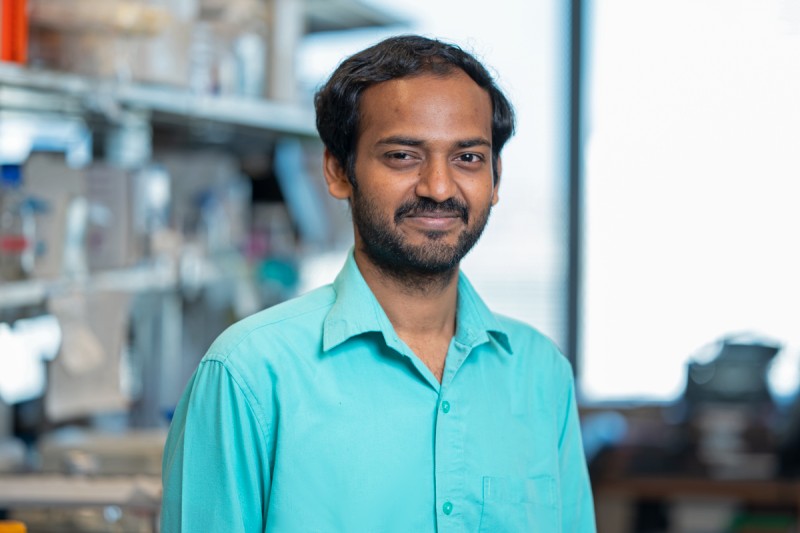
I received my PhD in Biotechnology from Anna University, Chennai, India. My primary area of research is in aging biology using in vitro and in vivo systems. My doctoral thesis established the distinct utilization of lipogenic coenzyme, Biotin (Vitamin B7), in lipid-rich tissues such as adipose and brain under aging in rats. In addition, my thesis findings using primary culture model of rat astrocytes also revealed the regulatory effect of biotin over mitochondrial fusion under endoplasmic reticulum stress, in addition to its known coenzyme role. These findings could be used to understand and explore interventions for chronic cellular/organelle stress under age-related diseases of the brain such as Alzheimer’s disease (AD).
The findings from my thesis work further fueled my interest to pursue a postdoctoral research in AD, for which no therapeutic option to cure the illness currently exists. With this motivation, I am presently working as a research scholar in the laboratory of Dr. Gabriela Chiosis at MSKCC. My research is aimed at evaluating the effect of targeting the cellular stress-induced heterooligomeric chaperome pools termed as ‘epichaperomes’ on early prevention and/or reversal of synaptic plasticity disruption in different transgenic AD animal models. I will also work on generating data sets of cell-specific interactome networks in human brain regions with respect to different grades of AD and the impact of sex-differences. These data sets will be made available to the research community for evolving new ideas on AD mechanism and its treatment strategies.